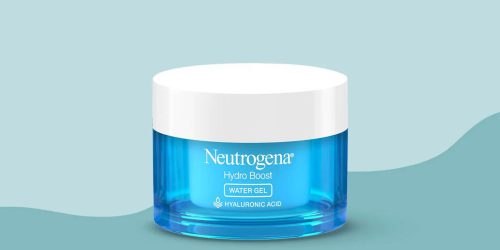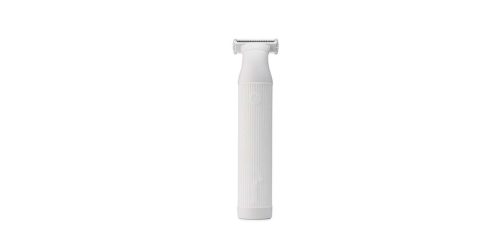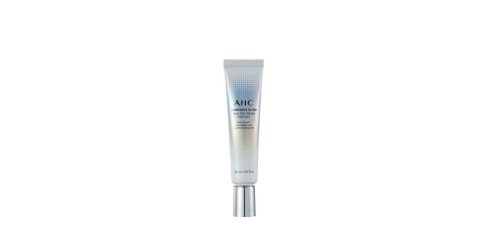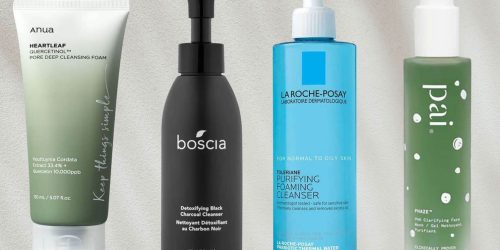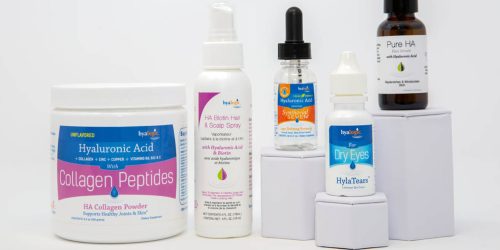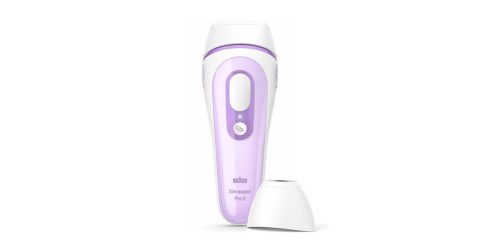Skincare Myths: Your Skin Might Be Suffering
The skincare industry is full of advice, tips, and product recommendations, all claiming to help you achieve glowing, healthy skin. However, in the sea of information, it’s easy to fall victim to certain skincare myths that might actually be doing more harm than good. From misconceptions about ingredients to the overuse of products, many well-intentioned practices can backfire, leaving your skin worse off than before.
1. More Is Better: Overloading Your Skin with Products
Many people believe that the more skincare products they use, the better the results. However, this is far from the truth. In fact, overloading your skin with multiple layers of serums, creams, and oils can clog your pores and even cause irritation.
Why it’s harmful:
Your skin has its limits when it comes to absorbing products. Applying too many can lead to product build-up, disrupting the skin’s natural barrier. Additionally, when you layer too many active ingredients (like Vitamin C, retinol, and AHAs), they can interact negatively with each other, leading to redness, inflammation, and even premature aging.
The truth: Instead of using a dozen products, focus on a minimalist skincare routine with key ingredients suited for your skin type. Look for products that target your specific skin concerns, such as hydration, acne, or pigmentation. Stick to a gentle cleanser, a moisturizer, and targeted treatments as needed.
2. Your Skin Needs to Be Scrubbed Clean
Exfoliation is a key part of many people’s skincare routines, but the myth that your skin needs to be “scrubbed clean” often leads to over-exfoliation.
Why it’s harmful:
While exfoliating helps remove dead skin cells, scrubbing too hard or too often can damage the skin’s natural barrier, leading to dryness, irritation, and sensitivity. Harsh physical exfoliants (like abrasive scrubs) can also cause microtears in the skin, which increase the risk of breakouts and accelerate aging.
The truth: Exfoliate gently and infrequently—two to three times a week is usually enough for most skin types. Opt for chemical exfoliants (like AHAs and BHAs) instead of abrasive physical scrubs for a more effective, less irritating approach.
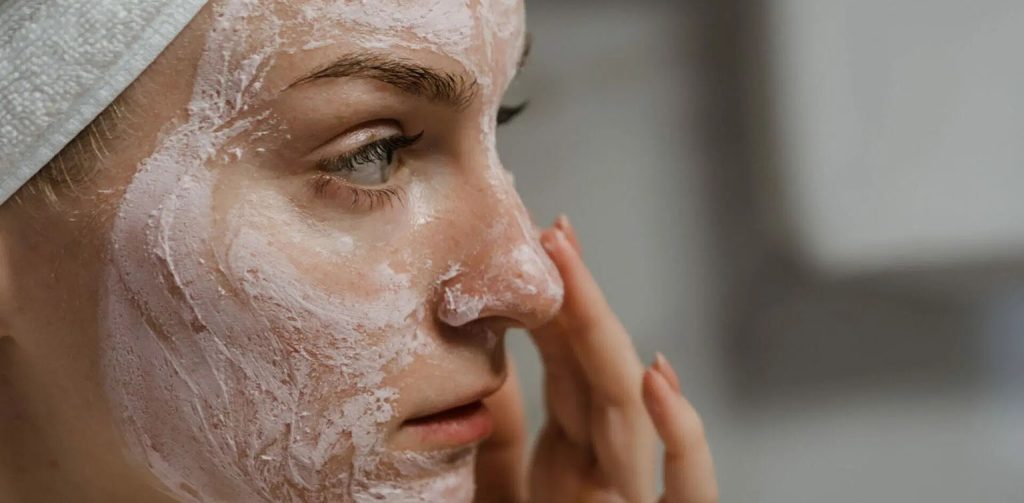
3. You Don’t Need Sunscreen on Cloudy Days
One of the biggest skincare myths is that sunscreen is only necessary on sunny days. This misconception leads many people to skip sunscreen when it’s overcast or when they’re indoors, which can leave their skin vulnerable to harmful UV rays.
Why it’s harmful:
UV rays can penetrate clouds and windows, causing skin damage even on the cloudiest days. Prolonged UV exposure, even without visible sun, can lead to skin aging, dark spots, and an increased risk of skin cancer.
The truth: Regardless of the weather, apply a broad-spectrum sunscreen with at least SPF 30 every day. If you’re indoors, UV rays from windows can still damage your skin, so don’t skip sunscreen on days spent inside.
4. Oily Skin Doesn’t Need Moisturizer
Many people with oily skin believe they don’t need moisturizer, thinking it will make their skin greasier. However, this is a harmful myth that can worsen oil production.
Why it’s harmful:
When you skip moisturizer, your skin becomes dehydrated. In response, it can produce even more oil to compensate for the dryness, leading to an oily complexion and possibly even clogged pores. Without proper hydration, your skin’s natural barrier is weakened, making it more susceptible to irritation and breakouts.
The truth: Oily skin still needs hydration, but look for lightweight, oil-free moisturizers that won’t clog pores. Gel-based or water-based formulas are excellent options for oily or acne-prone skin.
5. Natural Ingredients Are Always Better for Your Skin
The rise in popularity of “natural” skincare products has given rise to the idea that anything natural is better and safer for your skin. However, this is not always the case.
Why it’s harmful:
Just because an ingredient is “natural” doesn’t mean it’s automatically gentle or beneficial for your skin. In fact, some natural ingredients can cause allergic reactions, irritation, or even damage your skin. For example, essential oils like lavender and tea tree oil can be too harsh for sensitive skin and lead to dryness or inflammation.
The truth: It’s important to remember that both natural and synthetic ingredients can be effective or irritating depending on your skin type. Always check the ingredient list and consider your skin’s specific needs rather than relying solely on whether a product is “natural” or not.
6. Pimples Should Be Popped to Heal Faster
There’s a common misconception that popping a pimple will make it heal faster. In reality, this can make the situation worse.
Why it’s harmful:
When you pop a pimple, you risk pushing the bacteria and pus deeper into the skin, which can lead to increased inflammation, scarring, and even new breakouts. Additionally, squeezing pimples can introduce more bacteria to the area, making the situation worse.
The truth: Instead of popping pimples, try spot treatments with benzoyl peroxide or salicylic acid, which can help reduce inflammation and clear up acne. If you find that you’re breaking out frequently, consider seeing a dermatologist for a more personalized treatment plan.
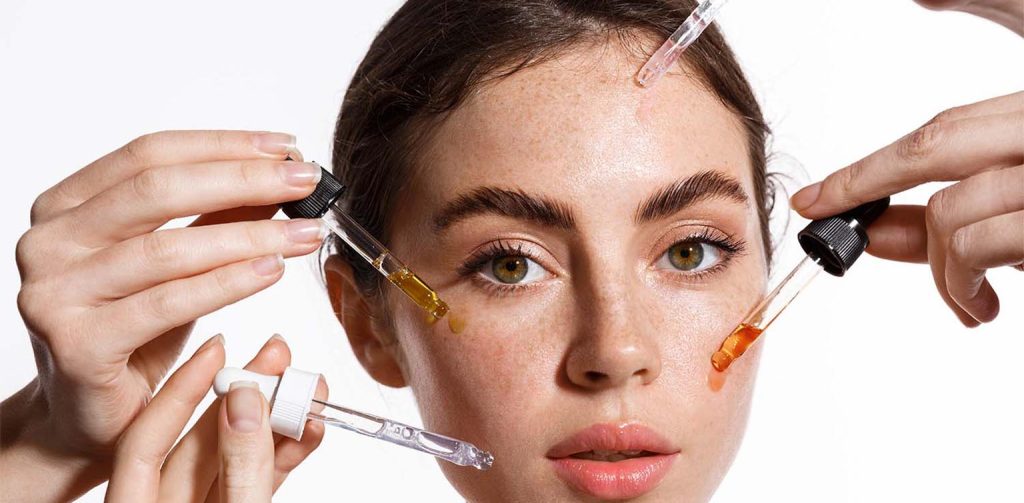
7. You Only Need Skincare Products in the Evening
Some people think that skincare is only necessary at night, especially because the skin regenerates overnight. While nighttime care is important, neglecting your skin during the day can be detrimental.
Why it’s harmful:
During the day, your skin is exposed to environmental stressors like pollution, UV rays, and blue light from screens, which can damage the skin and accelerate aging. Not protecting your skin during the day with the right products can leave it vulnerable to these factors.
The truth: Your morning skincare routine should focus on protection—cleansing, moisturizing, and applying sunscreen. Your nighttime routine can focus more on repair and rejuvenation, with ingredients like retinol or peptides.
8. Expensive Products Are Always More Effective
It’s easy to assume that pricier skincare products deliver better results. But while luxury products may offer high-quality ingredients, that doesn’t necessarily mean they’ll work better for your skin than more affordable options.
Why it’s harmful:
Spending a fortune on skincare doesn’t guarantee better results. Many high-end products use marketing and fancy packaging to justify the cost, while drugstore alternatives may contain the same or similar ingredients at a fraction of the price.
The truth: Effective skincare isn’t about the price tag—it’s about choosing the right products for your skin type and concerns. Look for evidence-based ingredients, such as retinol, hyaluronic acid, and niacinamide, which are often found in both high-end and drugstore formulations.
Navigating the world of skincare can be confusing, especially when so many myths and misconceptions abound. However, by understanding these common myths and focusing on evidence-based skincare practices, you can create a routine that works best for your skin.
Remember: less is often more, always protect your skin from UV rays, and prioritize hydration and gentle care. And most importantly, don’t be afraid to consult a dermatologist if you have specific skin concerns. Your skin is unique, and finding what works for you is the key to achieving healthy, glowing skin.
